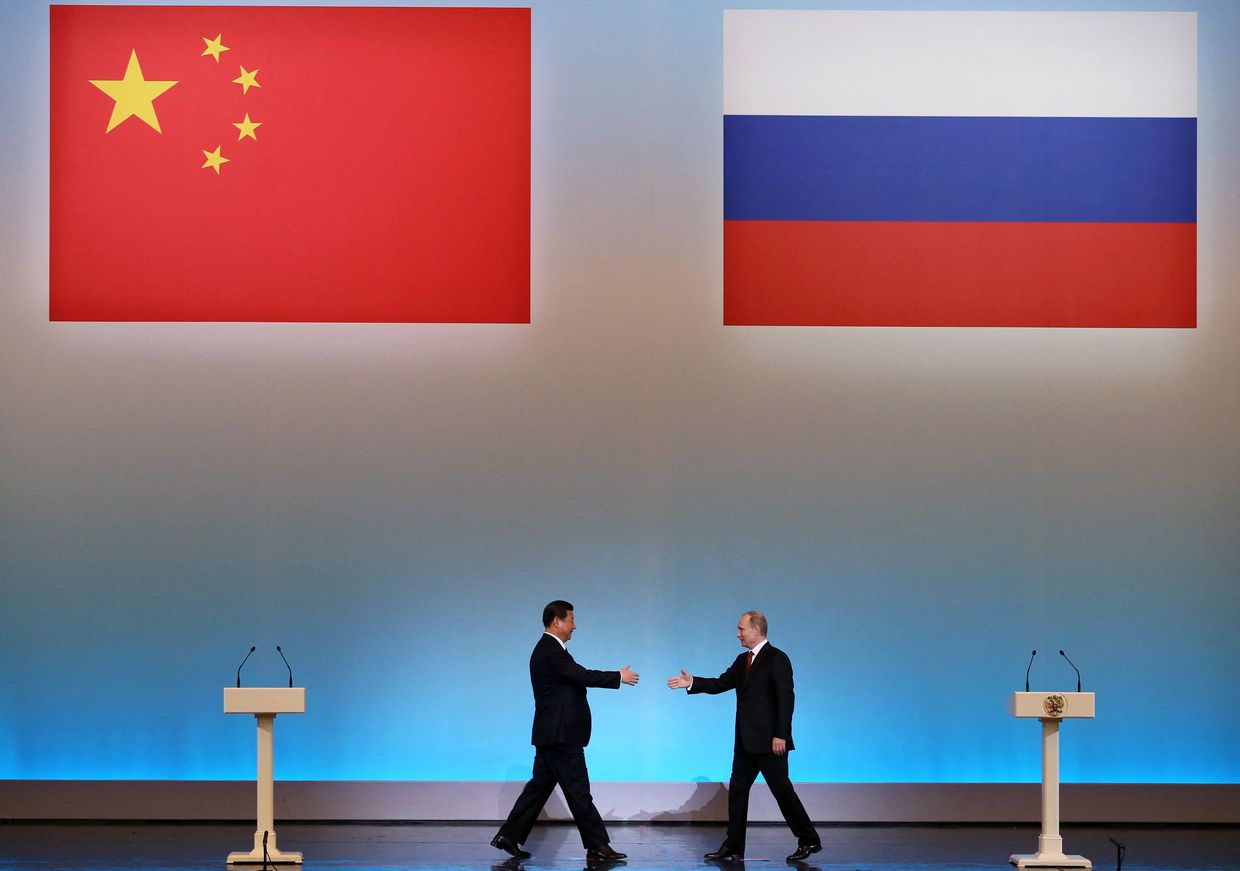China won't attend Ukraine's global peace summit, Reuters reports

Editor's note: The article was updated at 3:30 p.m. local time with a comment by the Ukrainian embassy in Beijing for the media.
China will not attend Ukraine's global peace summit next month, Reuters reported on May 31, citing its sources.
The summit will take place on June 15-16 in Switzerland, and some 90 countries have already confirmed their participation as of this week. Ukraine invited China back in January.
Beijing declined the invitation as the terms they required to attend were not met, the news outlet reported, citing several sources with direct knowledge of the matter.
One source said China had insisted the summit should be recognised by both Russia and Ukraine and both countries should participate.
Publicly, the Chinese Foreign Ministry said that attending would be "difficult."
"The arrangement of the meeting still falls short of China's requirements and the expectations of the international community, making it difficult for China to attend," said Mao Ning, the ministry's spokesperson.
"We are very sorry that the Chinese side does not use the opportunity to present its position on the platform of the summit in Switzerland," a spokesperson of the Ukrainian embassy in Beijing told Reuters.
President Volodymyr Zelensky said he hoped the summit would address several key areas, such as energy security, the exchange of captives, the return of deported children, global food security, and other topics.
Russia was not invited to the talks, but the Swiss hosts said that Moscow's representatives will have to take part in the process "sooner or later."
Kyiv has warned that Russia is attempting to disrupt the summit.
Speaking on May 16 at a press conference during Russian President Vladimir Putin's two-day visit to China, Chinese President Xi Jinping claimed both leaders agreed that a "political solution" to the war in Ukraine is "the correct direction."
Earlier this week, the U.S. accused China of giving Russia "every support behind the scenes" towards its war in Ukraine, describing its actions as "destabilizing in the heart of Europe."
Speaking to reporters on a visit to Brussels on May 29, U.S. Deputy Secretary of State Kurt Campbell said NATO and European countries need to send "a collective message of concern to China about its actions."
"What we've seen from China to Russia is not a one-off or a couple of rogue firms involved in supporting Russia," Campbell said, adding: "This is a sustained, comprehensive effort that is backed up by the leadership in China that is designed to give Russia every support behind the scenes."
China officially declares itself a neutral party to Russia's full-scale war in Ukraine and has denied providing lethal aid, but Beijing and Moscow continue to develop closer ties, most recently with Putin visiting his counterpart earlier in May.
In another blow to Ukraine, Bloomberg reported on May 23 that U.S. President Joe Biden is likely to miss the peace conference as it clashes with a campaign fundraiser.
Reuters wrote, citing an undisclosed American official, that the U.S. will send a representative to the summit, but it remains unclear who will be the delegate.













